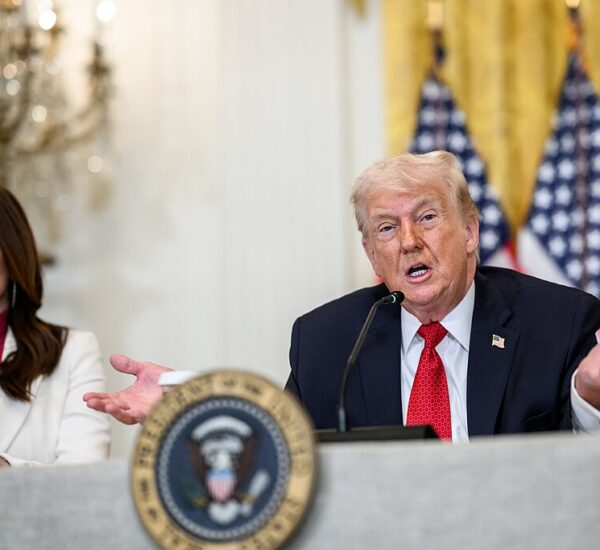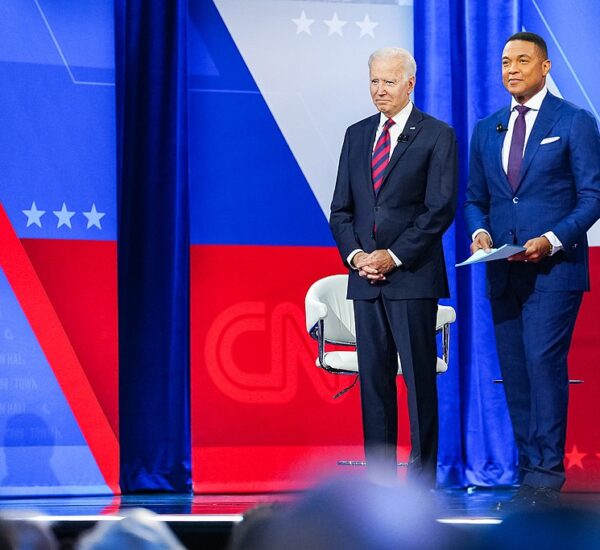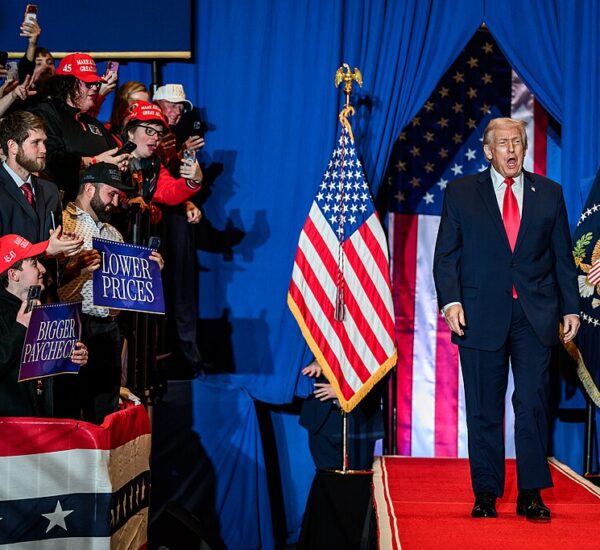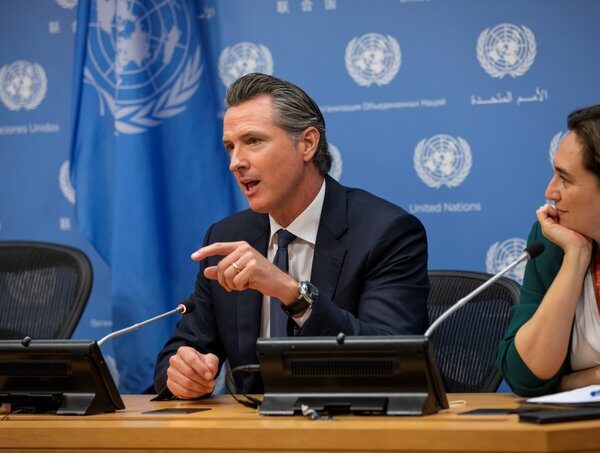Speaker Johnson Says No To Stimulus Checks
Speaker Mike Johnson (R-La.) recently dismissed the notion of using savings from the Trump administration’s Department of Government Efficiency (DOGE) to send direct payments to American citizens. This stands in contrast to recent suggestions by former President Trump and tech mogul Elon Musk, who have both floated the idea of distributing the savings to the public.
During a discussion at the Conservative Political Action Conference (CPAC) on Thursday, Newsmax host Rob Finnerty asked Johnson about the concept. While acknowledging the political appeal of such an initiative, Johnson made it clear that conservatives must remain focused on their core principles, particularly fiscal responsibility.
“Politically, it would be great. I mean, everybody loves getting a check,” Johnson said. “But we have to stay true to our conservative principles. We’re the party of fiscal responsibility. Right now, we’re facing a $36 trillion national debt and an unsustainable deficit. Our priority should be to pay down that credit card.”
The crowd responded with strong applause, signaling their agreement with Johnson’s perspective. The Speaker’s stance highlights the importance of prioritizing long-term economic health over short-term political gain.
Meanwhile, former President Trump had suggested earlier this week that the savings from DOGE could be used to benefit both the American people and the nation’s finances. At the Future Investment Initiative (FII) Institute event in Miami, Trump shared his thoughts, saying, “We’re looking at a new idea where we give 20% of the DOGE savings back to American citizens, and the other 20% goes to reducing the national debt. The numbers are incredible.”
The proposal seems to have originated from an Arizona-based CEO who posted the concept of a “DOGE Dividend” on the social media platform X. Elon Musk, who has been involved in the discussions, responded with, “I’ll check with the President.”
Though the idea may have its appeal, Speaker Johnson’s caution serves as a reminder that conservative priorities must focus on long-term debt reduction and financial prudence, rather than short-term handouts.






